New Birthe Piontek Book Explores Photography’s Power to Shape and Reveal Hidden Narratives of Personal + National History
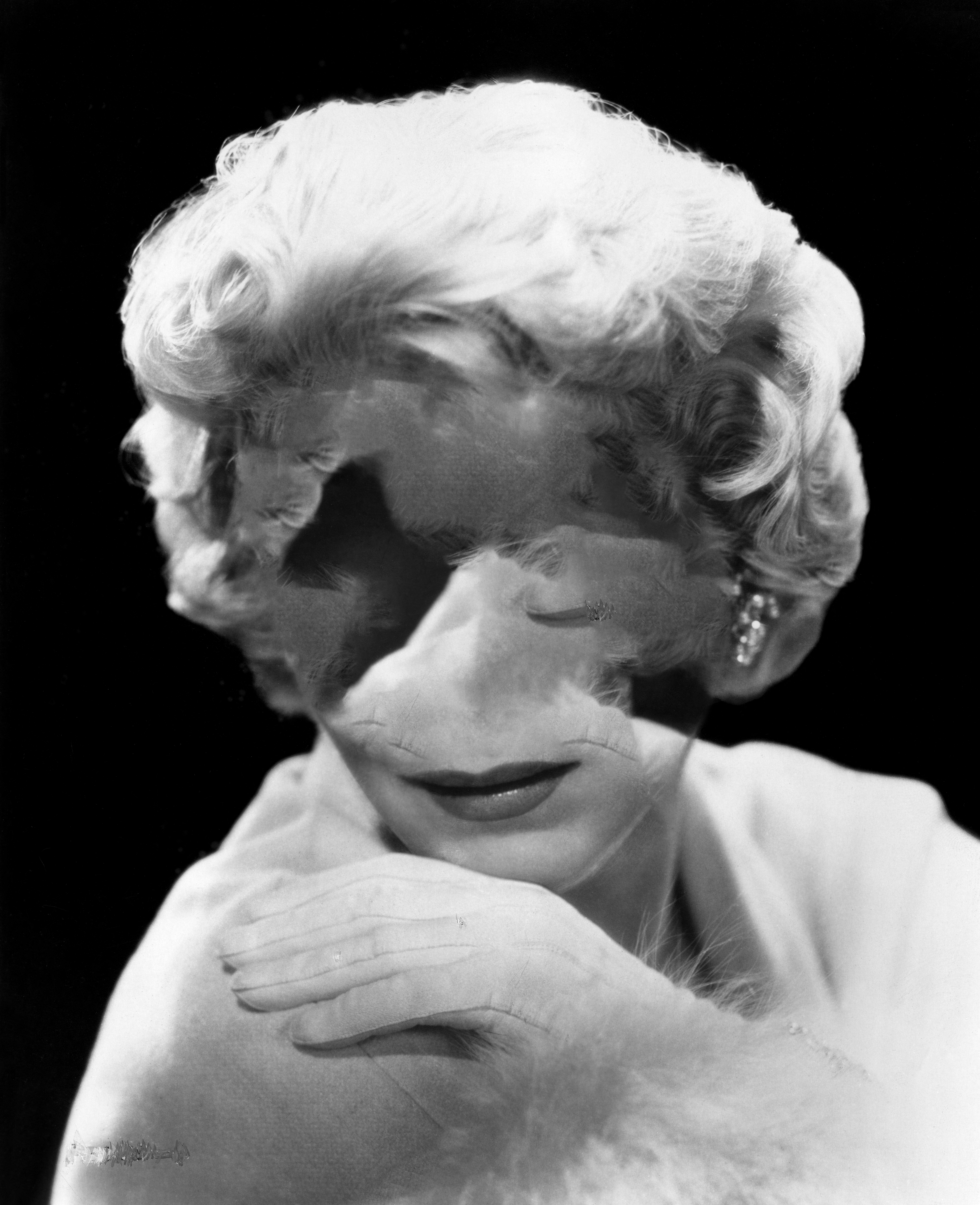
From Birthe Piontek’s Zero Hour, archival inkjet print, 2025. (Image courtesy Birthe Piontek)
Posted on | Updated
Zero Hour pairs new artworks by the artist and ECU faculty member with archival photographs to chart the construction of national and familial mythologies.
A new book by Birthe Piontek grapples with photography’s role in both shaping and revealing history, identity and a path toward a better future.
Zero Hour combines photos from personal and public archives with new works by the artist and faculty member at Emily Carr University of Art + Design (ECU) to trace the construction of national mythologies and map the place of Birthe’s own family within those narratives.
“I was born in Germany at the height of the Cold War and my parents were born during World War II, so I grew up with this notion that we’ve moved on, we learned from the past and we will do better,” Birthe says. “This book comes from wrestling with the realization that everything I trusted — photography as document, the inevitability of democracy, the idea of the European Union — none of it was true. This begs the question: what is the value of learning from history if we are not able to change?”
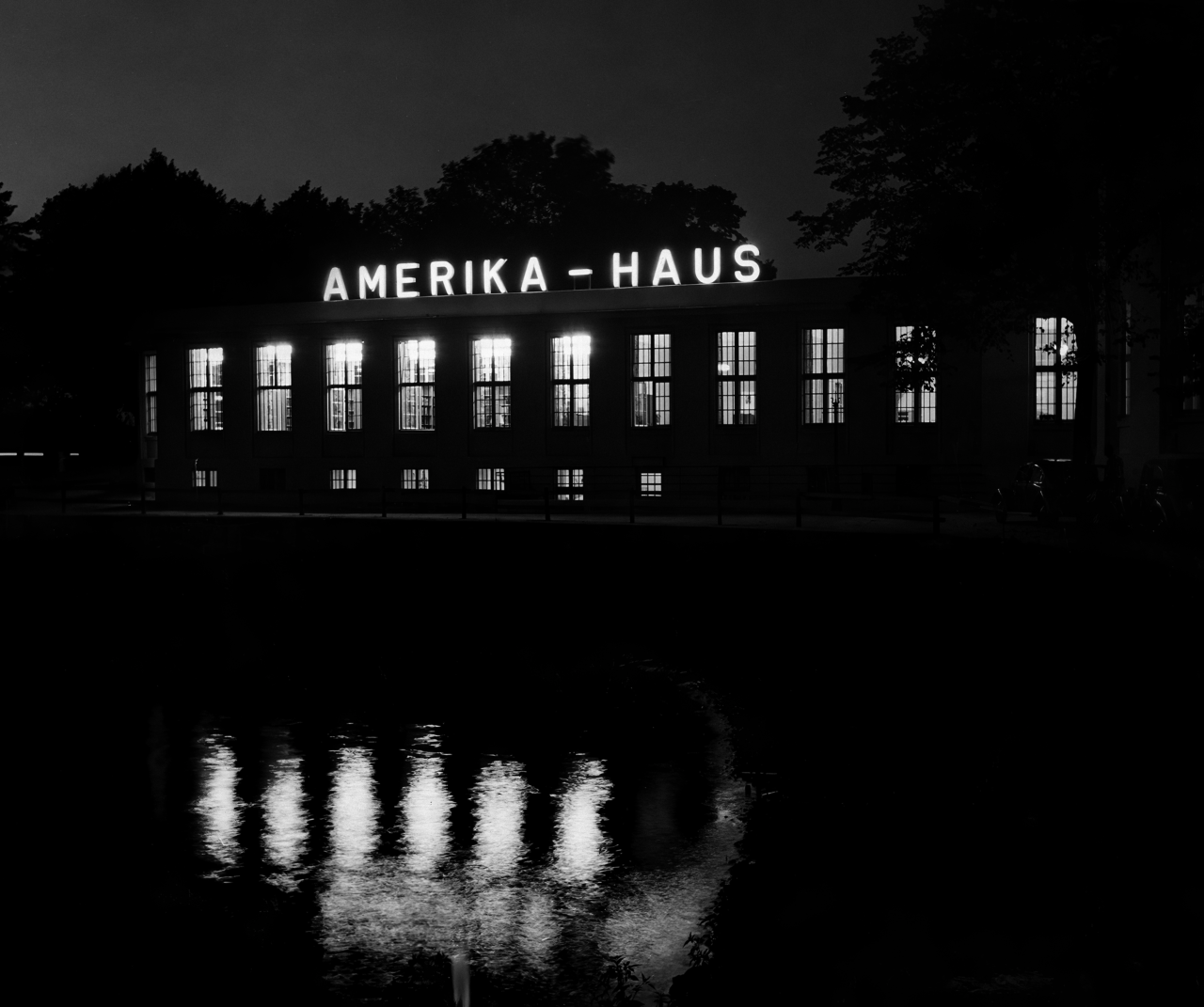
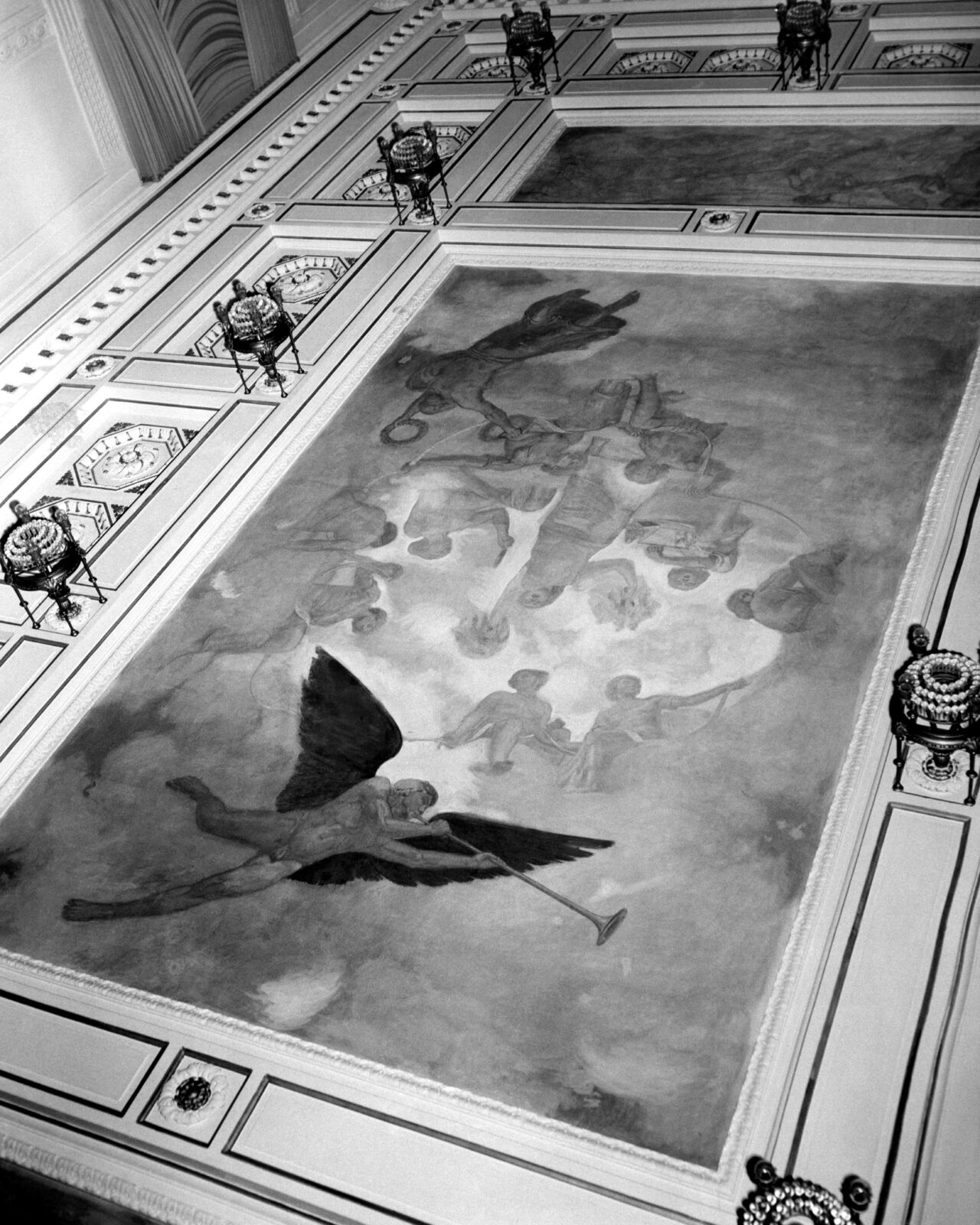
From Birthe Piontek’s Zero Hour, archival inkjet prints, 2025. (Image courtesy Birthe Piontek)
Zero Hour began with black-and-white images ranging from historical texts to propaganda, which Birthe has been collecting for more than a decade. Some are digitally collaged or altered, while others are left untouched, blurring the line between fact and fiction and calling into question the trustworthiness of collective and individual memory. But the project felt incomplete, she says, even with the addition of new photographic artworks created in response to what Birthe was seeing.
“I felt like something was missing — like I was not being honest,” she says. “I was looking through my archive and seeing all these performances of power and masculinity and role assignments, and I began to understand how many of these images I don’t question and how these themes were not only very familiar but can also be seen performed in my family. I realized, I’m part of this. These are my values. This is what I looked at and this is what I believed.”
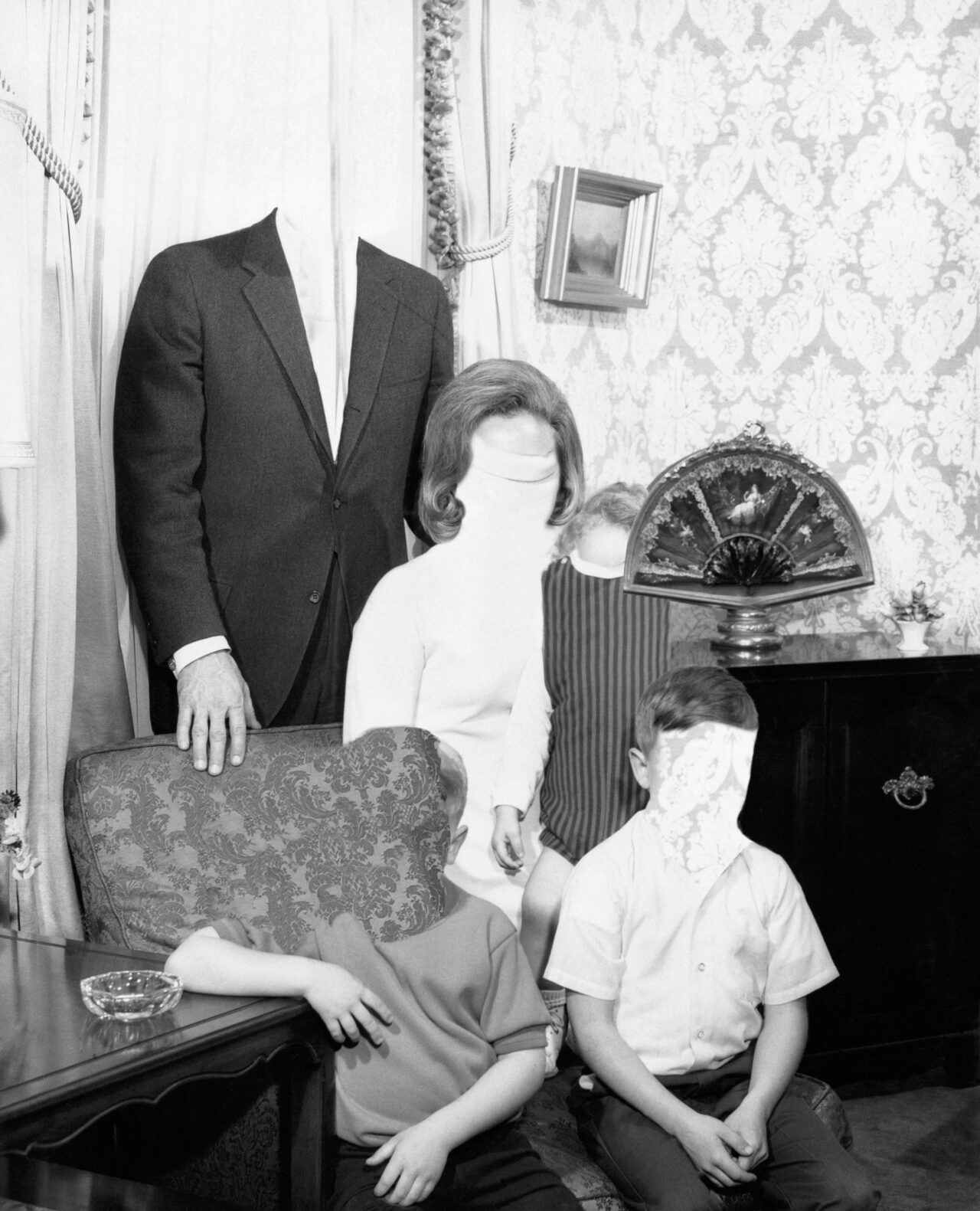
From Birthe Piontek’s Zero Hour, archival inkjet print, 2025. (Image courtesy Birthe Piontek)
This realization led her to include photos from her family albums in the work. It’s all too easy to turn a critical eye outward, she says. Turning that same eye inward can be excruciating, but even the grandest movements of history begin with individuals taking responsibility for how the world has failed to meet their expectations.
“Ultimately, if you want to change something or even simply understand it, you have to look at yourself,” Birthe says. “How do I fit in here? Where am I implicated? I think this project is my attempt to do that.”
This is no mere act of penitence or self-censure, she adds. Instead, it’s about reclaiming agency. In questioning images, one can learn to step outside the pleasures of beguilement and complacency, she says. Doing so can be painful but is also crucial for fostering the vulnerability Birthe sees as the antidote to poisonous mythologies.
She adds that she works hard to cultivate this instinct in her students.
“I am trying to help them develop a criticality even towards what I’m saying, what I am showing them or the narratives presented in the classroom,” she says. “I want them to understand it’s not just top-down — that this questioning or pushing back or wanting to change things takes everybody in the classroom. I don’t want them to know what I know. I want them to thrive in their knowledge.”
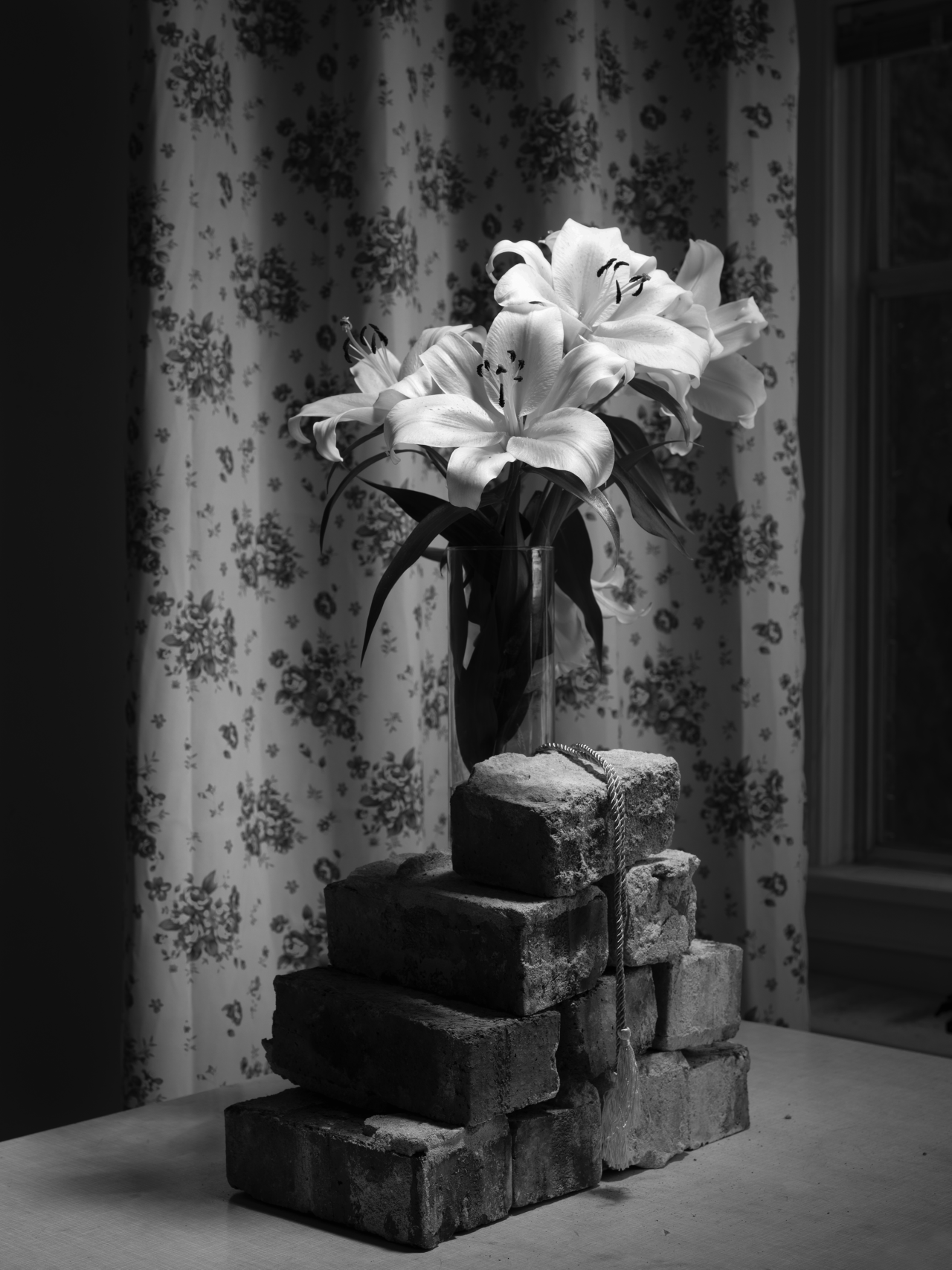
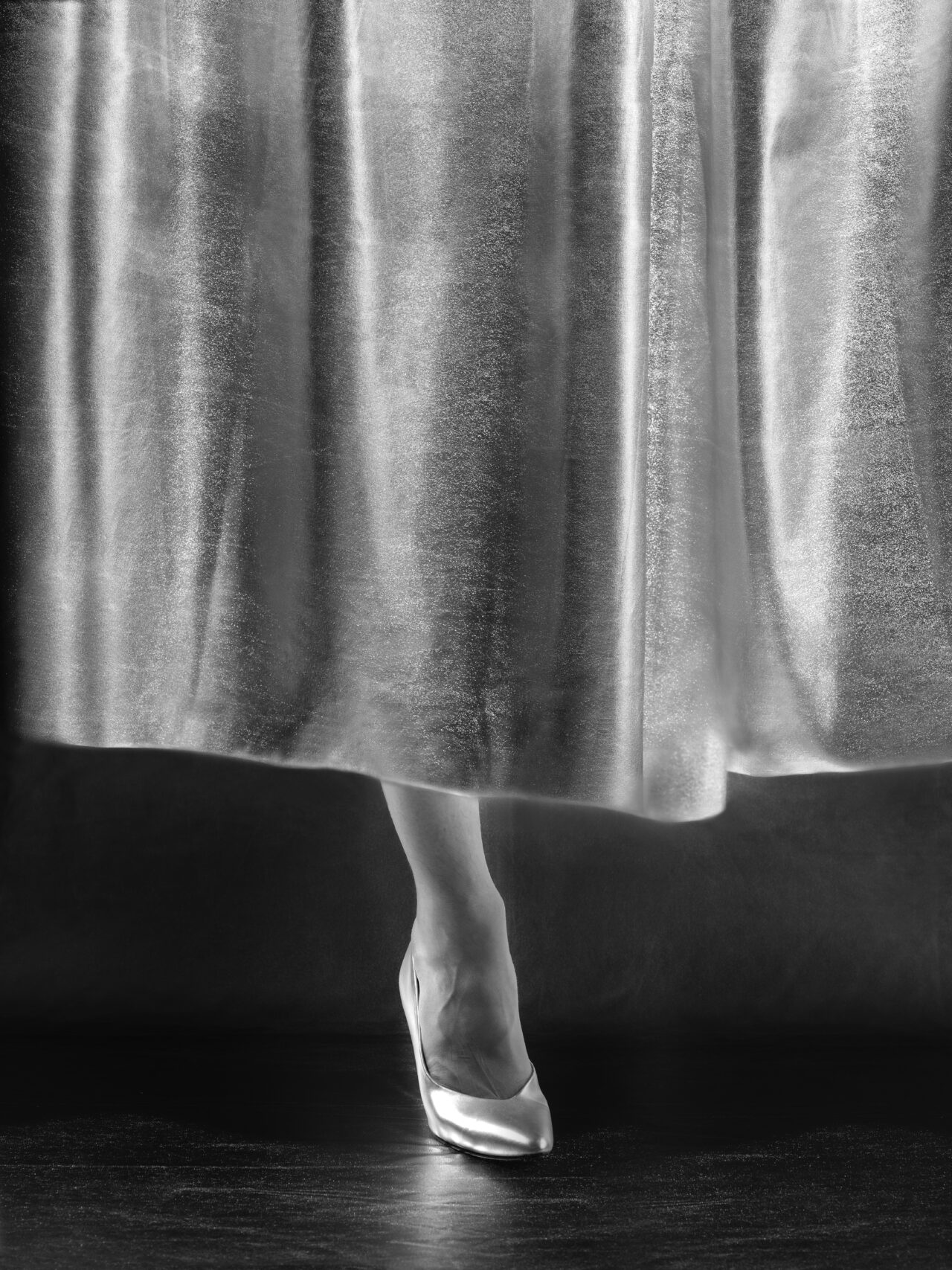
From Birthe Piontek’s Zero Hour, archival inkjet prints, 2025. (Image courtesy Birthe Piontek)
Encouraging students to view her authority with a critical eye mirrors both Birthe’s project of questioning the authority of images and her desire to signal her fallibility as an artist and academic.
“I think the most powerful connections are made and the best learning happens when I’m not perceived only as an authority,” she says. “I don’t want to hide behind anything. In being seen, there’s an opportunity to come together in our search for change. What’s important is to be authentic, and caring, vulnerable humans with each other. That makes a place much safer to be critical with each other or to say, ‘Well, I didn’t get that right.’”
Zero Hour is currently available for pre-order from Gnomic Books.
Visit Birthe’s website and follow her on Instagram to keep up with her work.